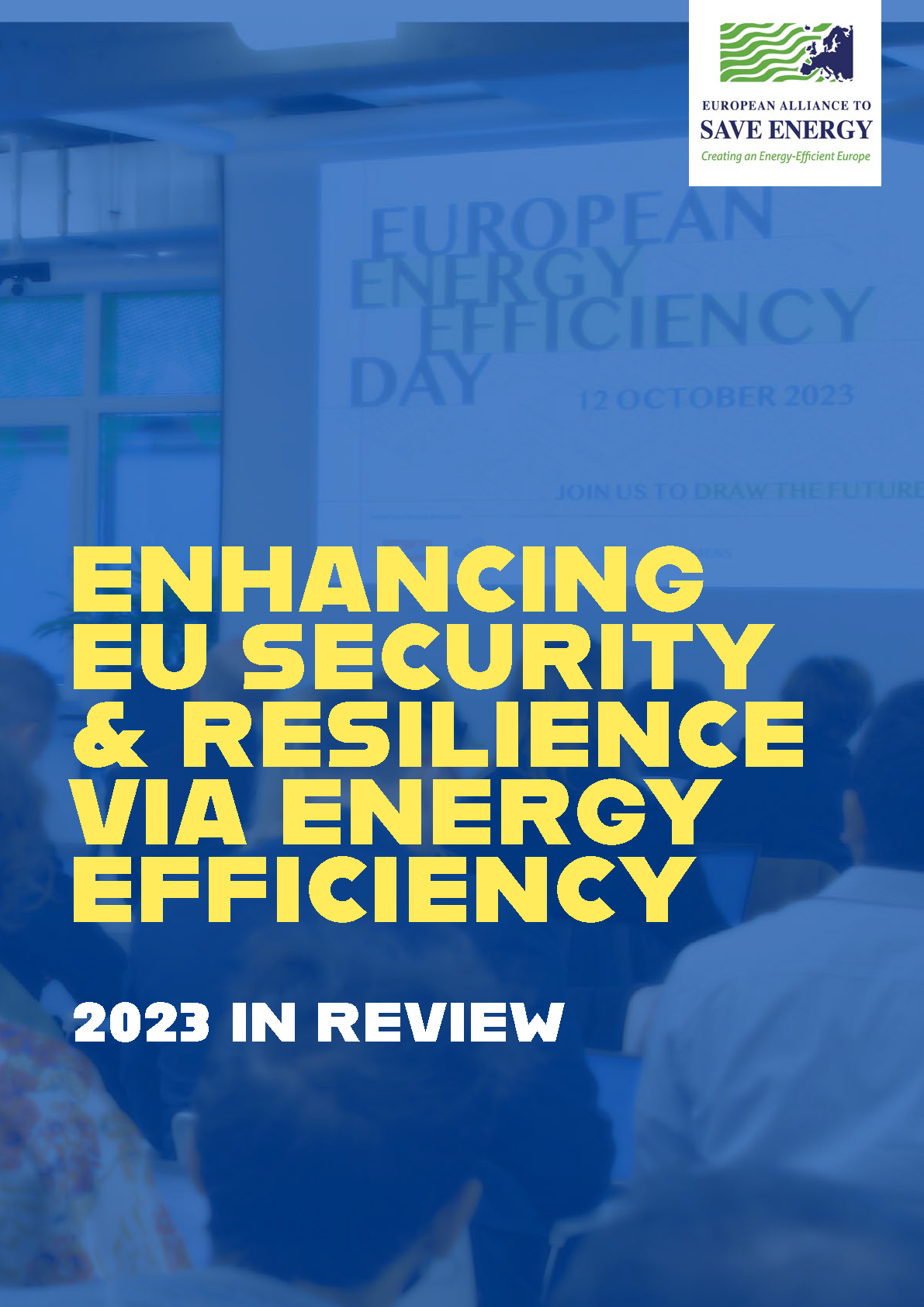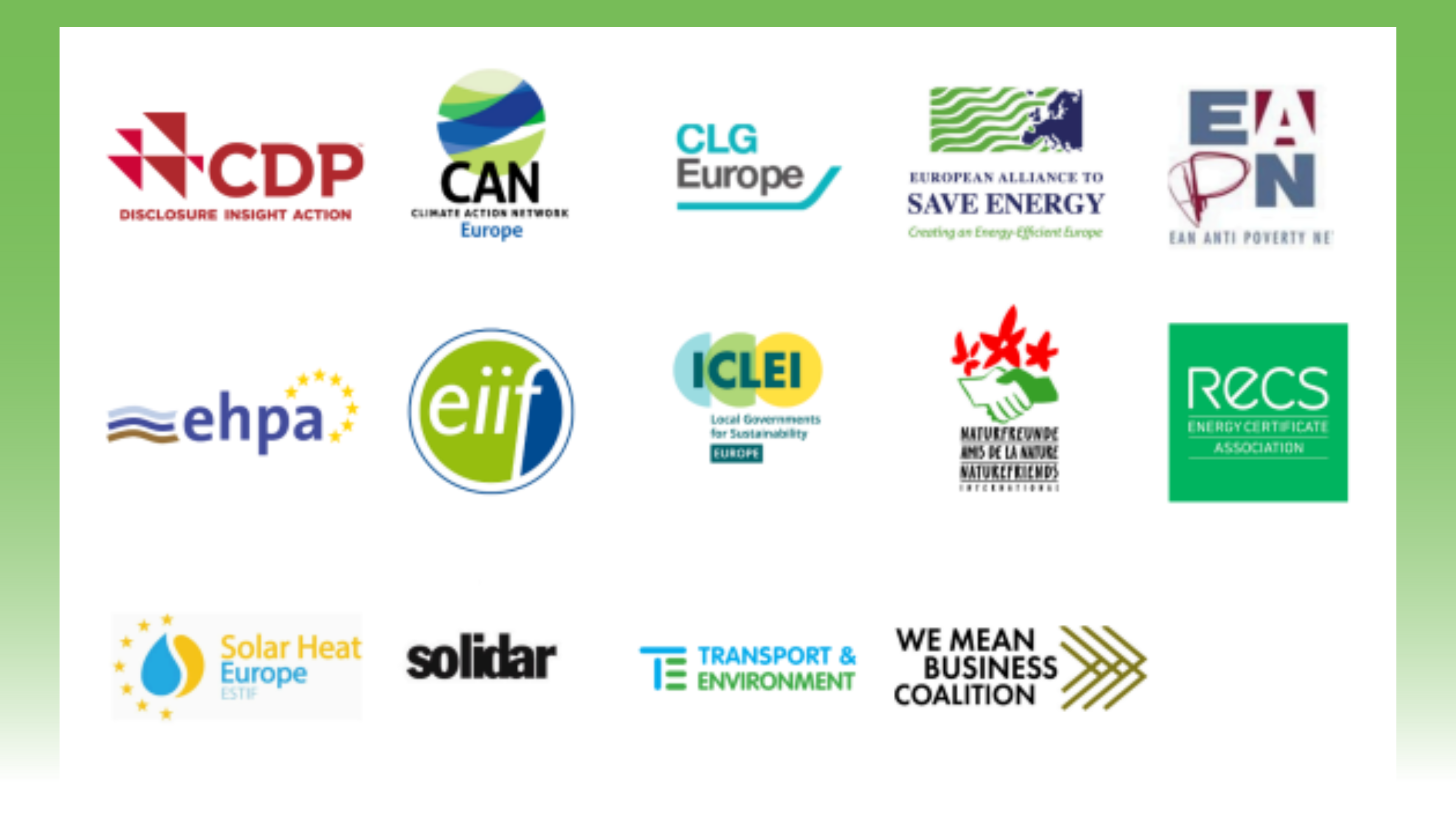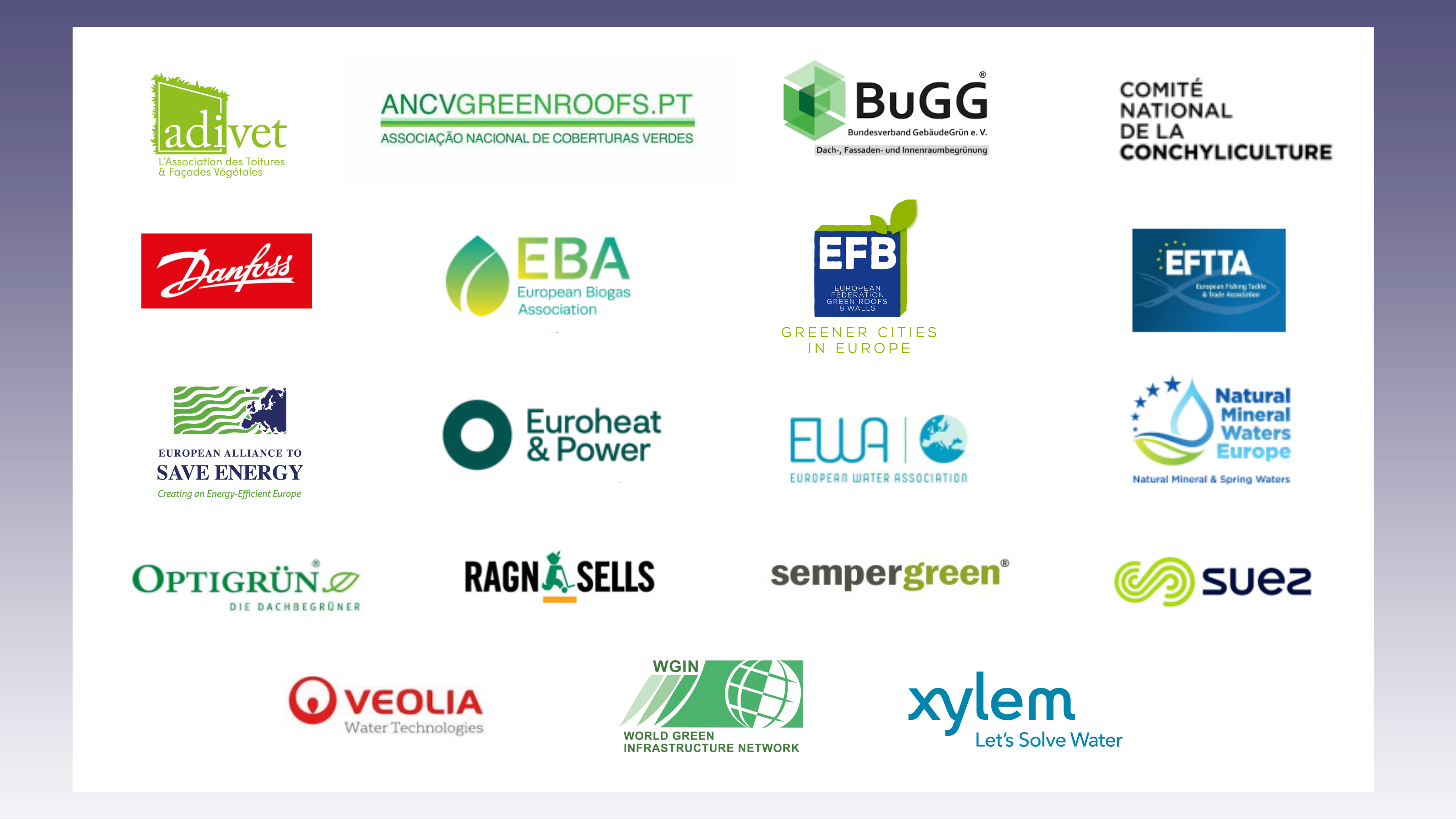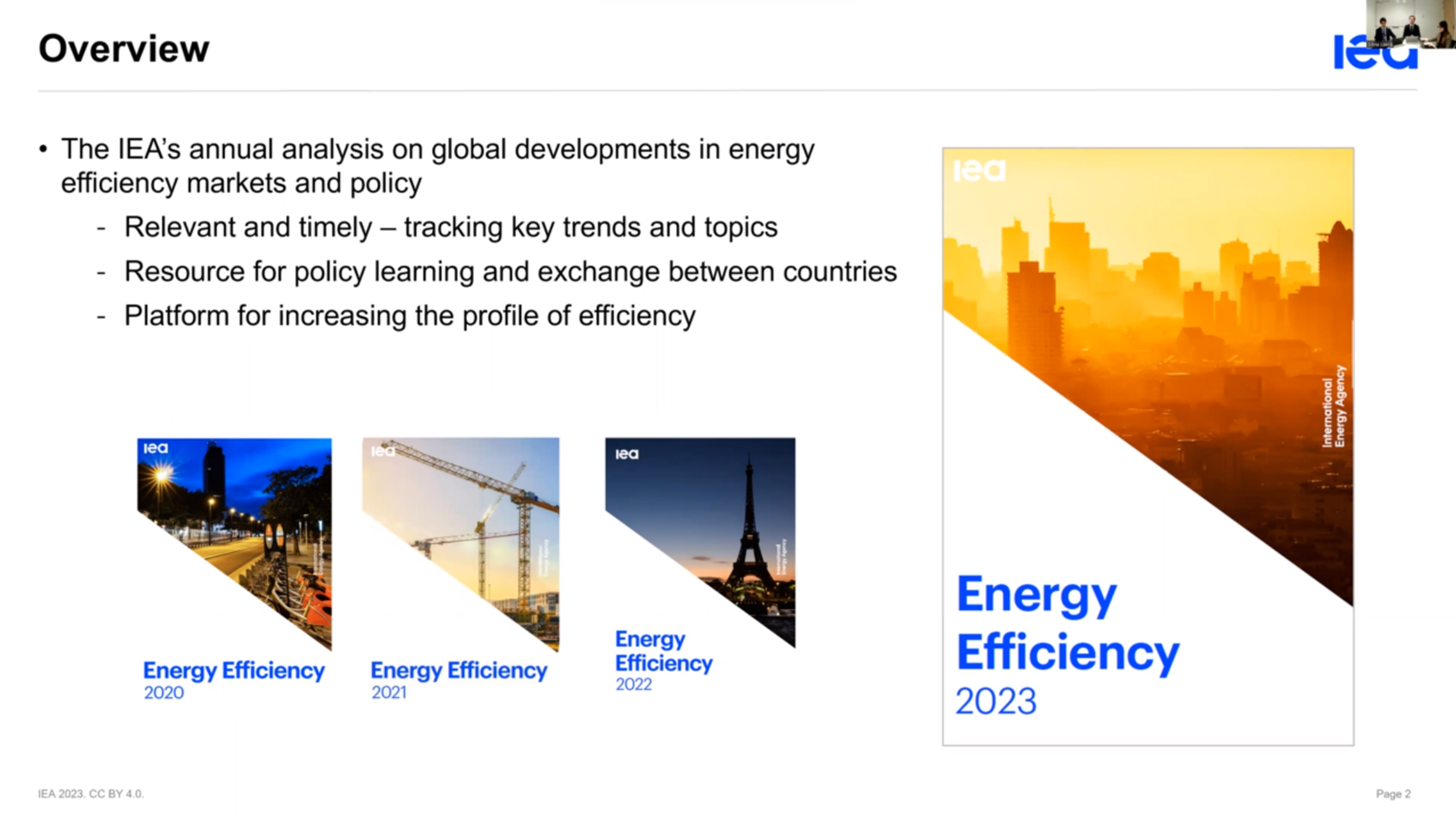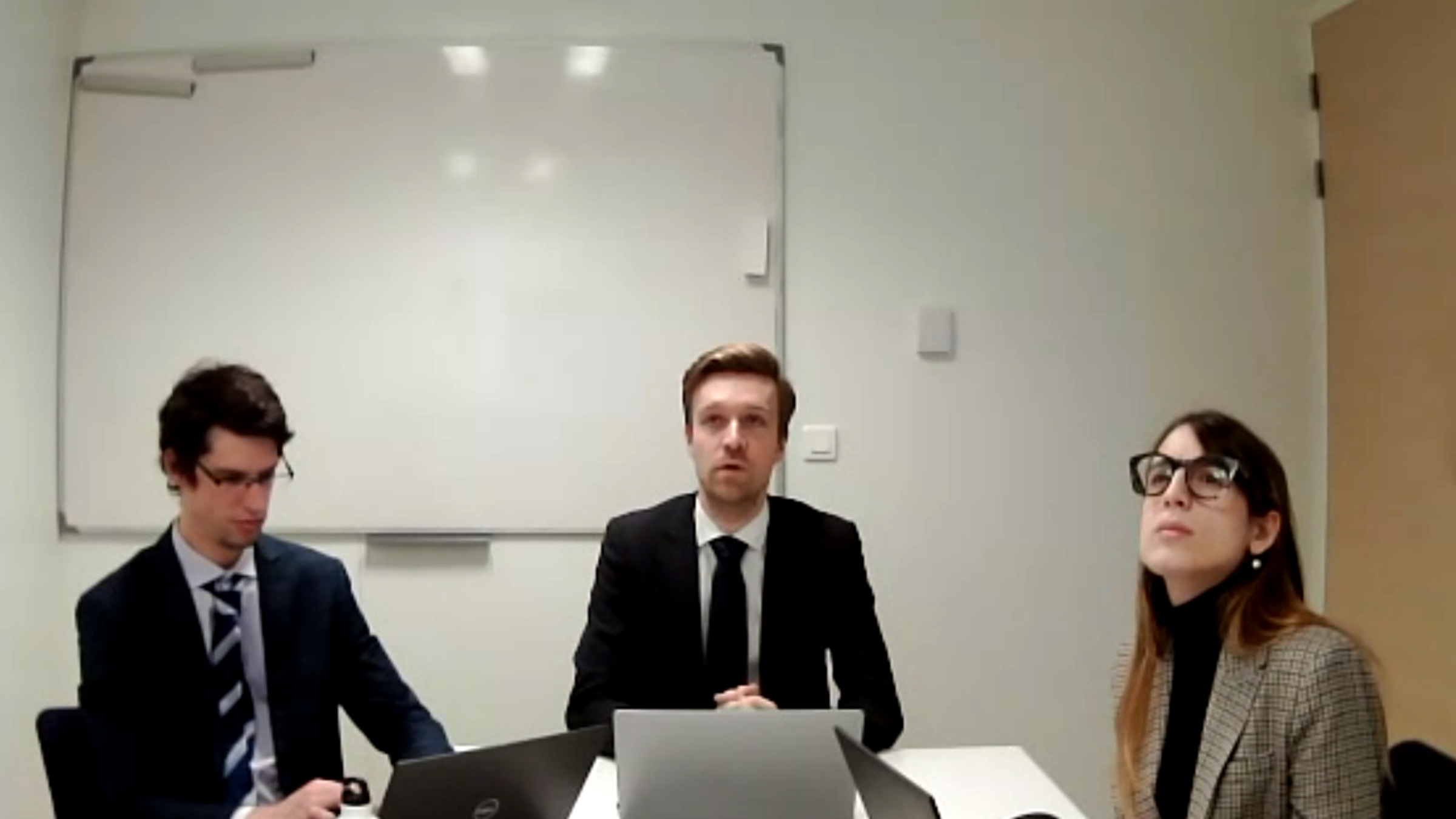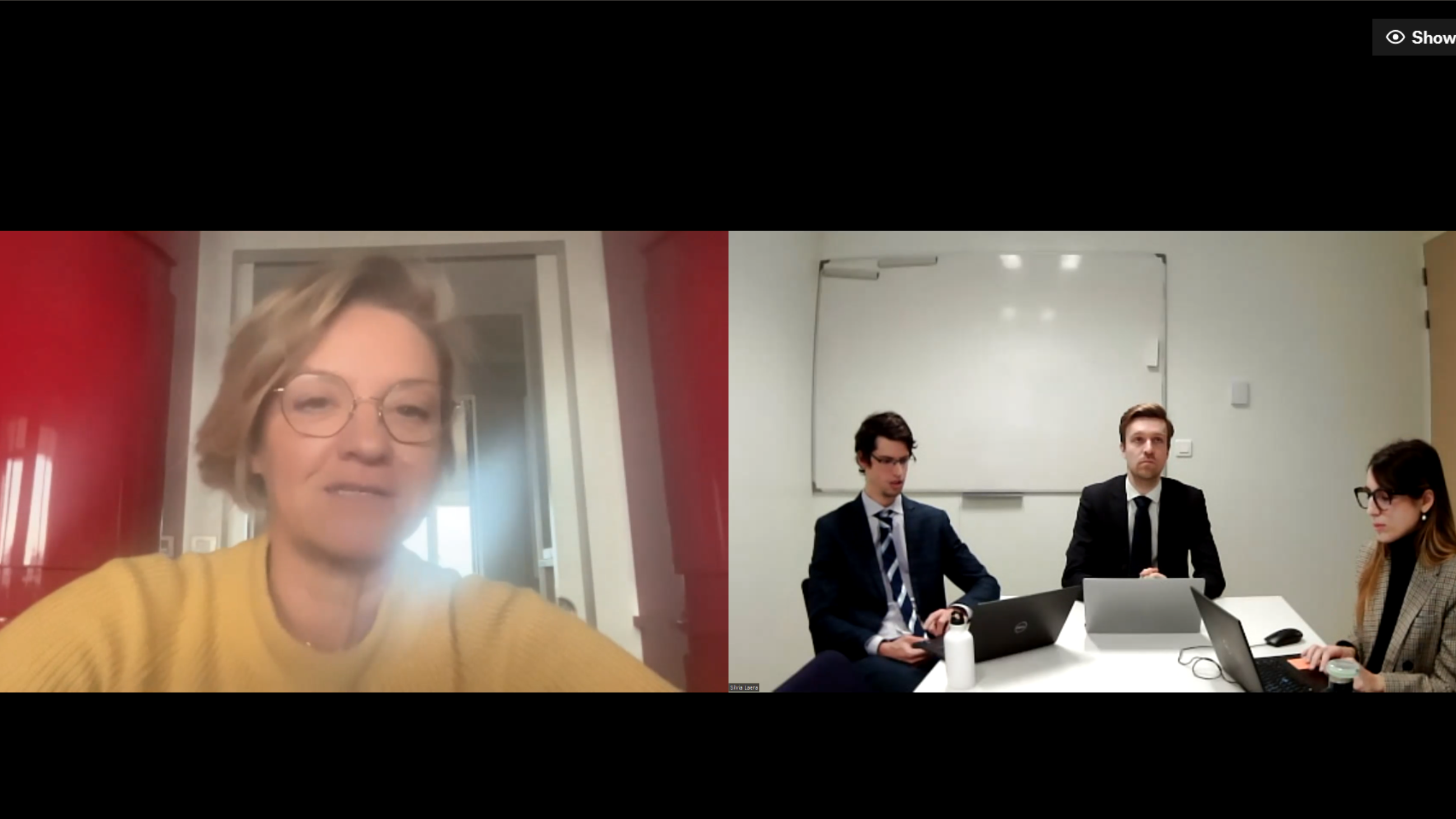Europe needs a dedicated water strategy to tackle water scarcity while saving energy and reducing emissions
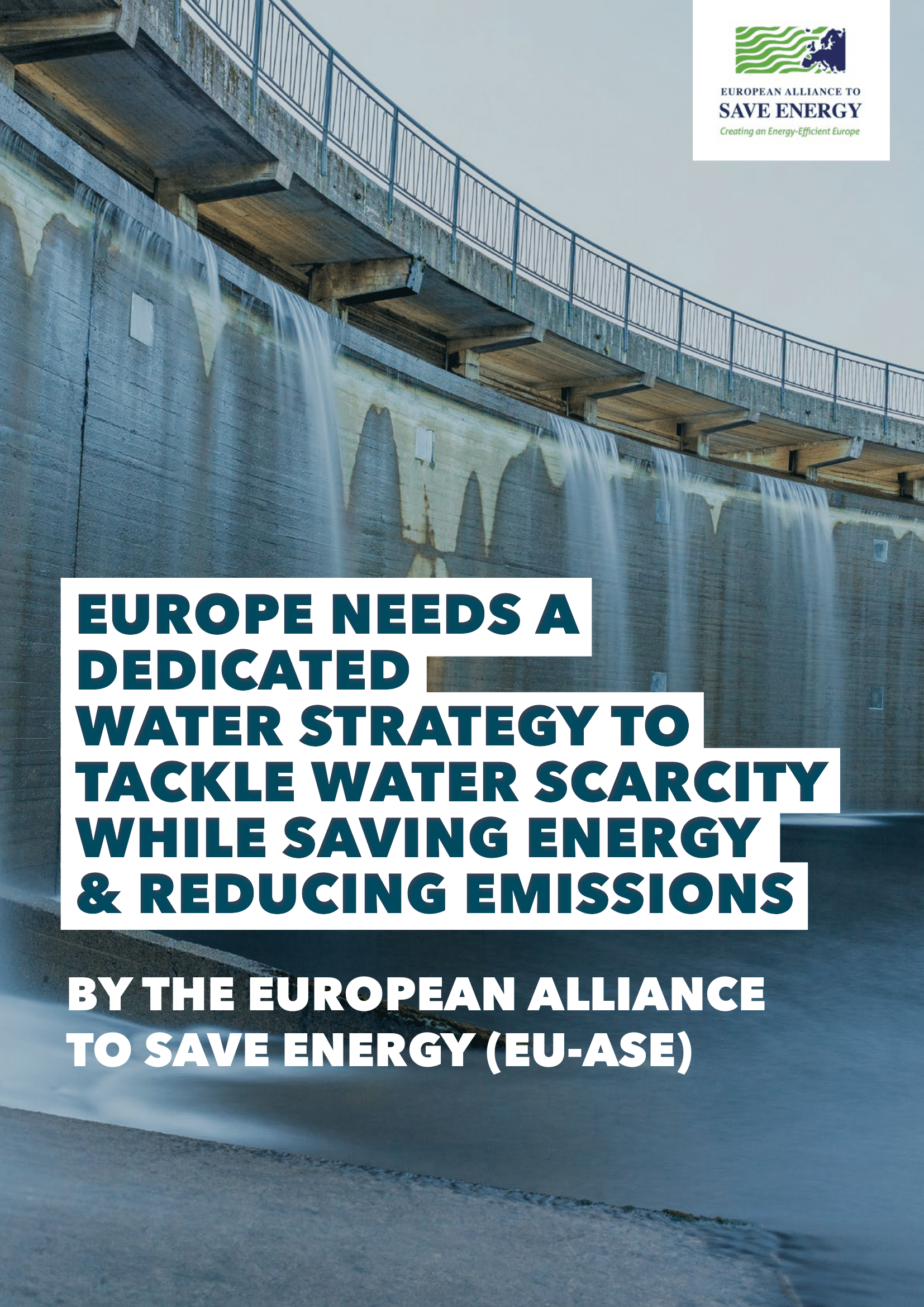
The next EU institutional framework must work on a European Water Strategy – a comprehensive, integrated response to tackle water scarcity, focusing on the synergies between water & energy use: the Water-Energy Nexus.
Water scarcity is a growing concern in Europe, driven by climate change, population growth, urbanization, and inefficient water management practices. To combat this crisis effectively, an integrated approach is essential, leveraging the water-energy nexus to optimize water supply, treatment and use, while promoting energy savings, emission reductions and overall sustainability.
The next European institution framework must work on a European Water Strategy, a comprehensive, integrated response to tackle water scarcity focusing on the synergies between water and energy use.
To do so, for the next institutional term 2024-2029, the European Alliance to Save Energy urges policymakers to:
- Complete and strengthen the EU and national policy and regulatory framework
- Facilitate public-private partnerships
- Provide finance for innovation, research and implementation
- Forge responsibility to instigate change

